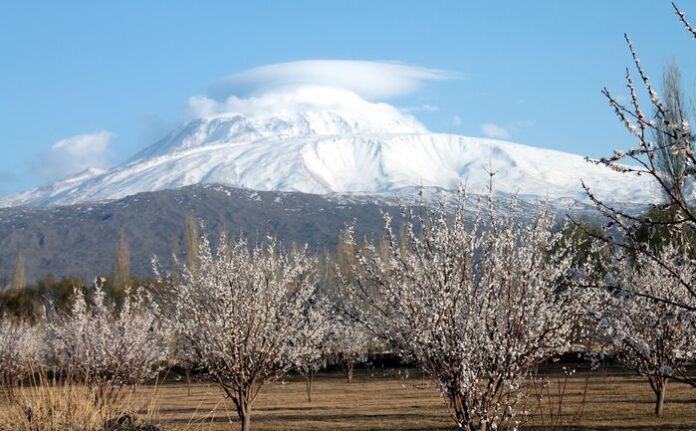
Expansion from Dobrudsha
The Bulgarians originally settled in the plain known as Dobrudsha, but this area soon became too small for their growing population. Over time, they spread south and west, occupying a larger portion of the Balkans. Although Bulgaria touches both the Black Sea and the Aegean Sea, the Bulgarians do not dominate the coast. In most coastal towns, Greeks held the most important positions, particularly in commerce and administration.
The Balkan Mountains divide the Bulgarian lands into two unequal regions. The northern region corresponds roughly to modern Bulgaria as recognized by the Berlin Congress of 1878, while the southern region forms the larger part of Eastern Rumelia, also defined by the same treaty. This position gives Bulgaria control over key strategic areas: the Danube River, which acts as the outer defense of Constantinople; the mountain passes of the Balkans; and important towns such as Shumla, historically significant in Russian military advances, and Adrianople (Edirne), a key railroad center on the Constantinople peninsula The Bulgarians Character Education and Progress.
Even major ports such as Salonika (Thessaloniki) on the Aegean and Varna on the Black Sea could be influenced by an army controlling the inland roads and enjoying the support of the local population. This is true even though the majority of inhabitants in the coastal towns might not be friendly to the Bulgarians.
The Bulgarian People and Ethnic Origins
Modern Bulgarians are most closely related to the other Slavic peoples of Europe, rather than to Turks or Greeks. However, unlike the Serbs or Montenegrins, Bulgarians are not of pure Slavic descent. They are considered a Slavonianized race, meaning their Slavic identity was formed by mixing with other populations over centuries.
Linguists have noted that the Bulgarian language contains words and phrases that may point to a Finnish origin, while other elements come from Turkish and Persian languages. Some ethnologists even suggest that Bulgarians have Mongol ancestry, based on physical and cultural traits. Whatever the precise origins, it is clear that Bulgarians differ from surrounding Slavic nations in both origin and cultural development.
Relation to Other Slavic Peoples
Despite these differences, Bulgarians share a close affinity with the Russians. Some scholars describe Russians as Slavonianized Finns with a small amount of Mongol blood, which is similar to the composition of the Bulgarian people. These shared traits contribute to cultural and linguistic ties that have persisted through centuries of conquest and foreign rule Customized Round Turkey Tours.
Bulgaria’s geography and the resilience of its people give it a strategic and cultural importance in the Balkans. From controlling mountain passes and rivers to influencing ports and towns, the Bulgarians hold a key position in southeastern Europe. Ethnically, they are a unique mixture, combining Slavic, Finnish, Turkish, Persian, and possibly Mongol elements, which sets them apart from their neighbors while maintaining strong connections to other Slavic peoples. This combination of strategic location and distinct national character has shaped Bulgaria’s past and will continue to influence its future.







